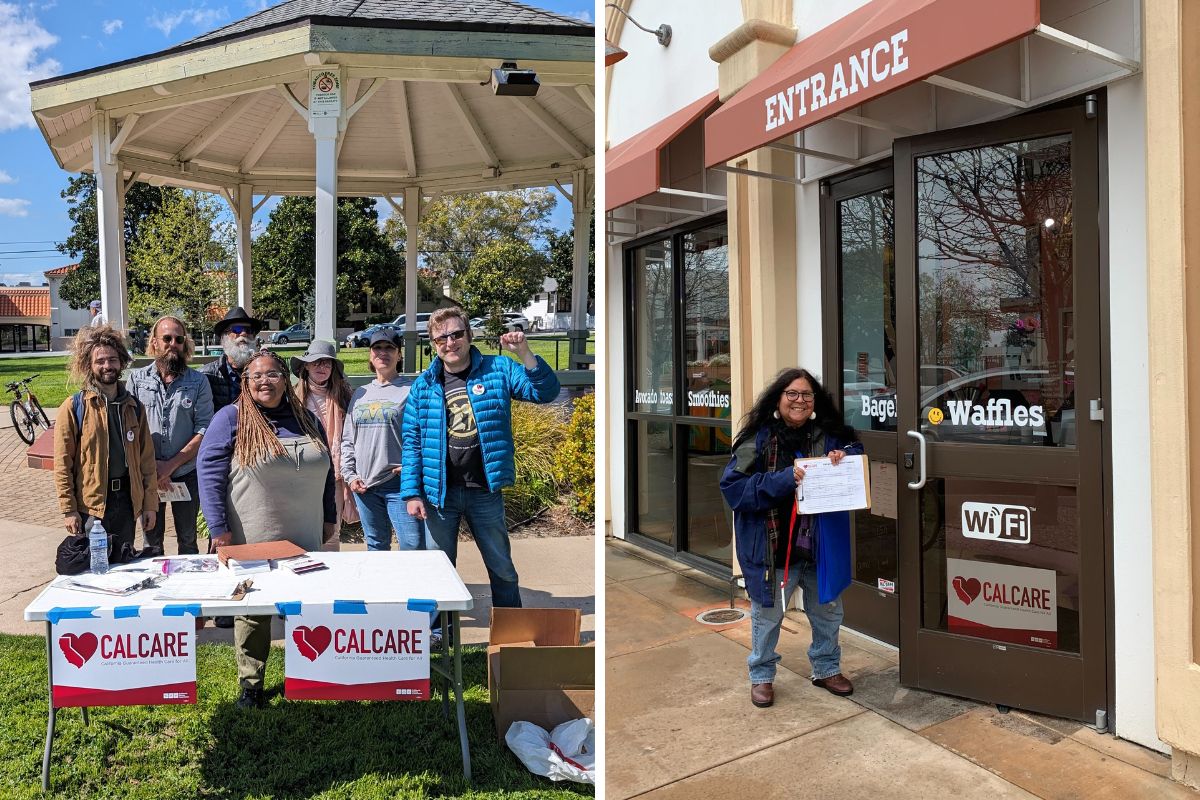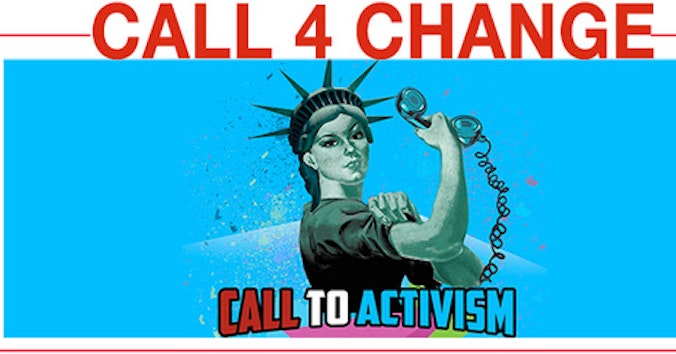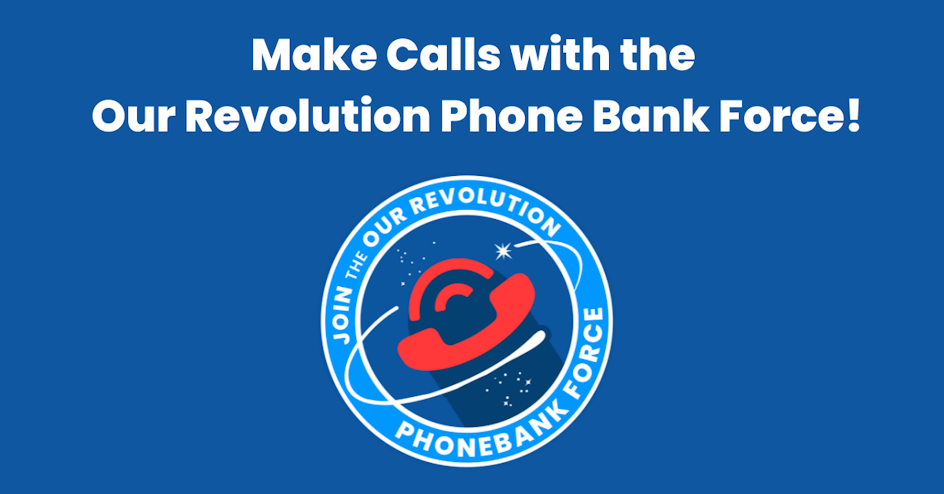April 29, 2020 (medium.com)
Will Coronavirus Finish the Job of Killing the Struggling US Economy?
See that chart above? The line plunging into the abyss? That’s an economy having a heart attack and dying.
The line is GDP. It just fell to about -5%, from 2%. That’s a fall of seven percent in the first quarter of 2020. The first quarter of 2020 was of course just the very beginning of the crisis — to March or so, when lockdown weren’t even fully in place. So just the beginning of the crisis cratered GDP by seven percent. What about the second quarter — aka a whole nation paralyzed, at a standstill? How much more will GDP fall when the reckoning finally comes? 15%? 25%? 35%? Bang!
The answer is: nobody knows, but it’s not going to be pretty. Coronavirus is already blowing past the worst expectations for economic damage. What’s about to happen next, in my estimation, is going to be truly catastrophic.
There are two schools of thought on how history unfolds next. One — the one favored by pundits and American intellectuals says: the economy will bounce back magically, as soon as lockdown are lifted! There’s nothing to worry about! And besides — working, even if your health still at risk, is what matters most, not your life.
I couldn’t disagree more. I don’t think the economy is going to bounce back, I think that this crisis shows us just how fragile the economy really was, and I don’t think that putting people at risk by making them go back to work or get fired is a substitute for…a working economy.
We are now entering the Coronavirus Depression. The economy won’t bounce back, magically, once lockdowns are lifted. Why not? For many, many reasons. The most obvious is that waves of businesses are already closing. So many of the job losses America’s suffering now — a record 26 million have filed for unemployment — are going to be permanent.
There’s another way to to put that. Coronavirus is going to do the job of transforming the American economy. For decades now, it’s been an economy where mega-monopolies offering people low-wage, dead end jobs have been replacing small and medium sized businesses — or even yesterday’s industrial giants — offering people a secure, stable middle class living. By annihilating huge chunks of small and medium sized business, Coronavirus is offering mega-monopoly the economy on a platter. All those “distressed assets” — whether storefronts or, well, unemployed people? Mega-monopolies can now buy them up on the cheap.
Think of who’s really done well from Coronavirus: the answer is all mega-monopolies. Amazon. Facebook. Google. Netflix. And so forth. These businesses exist on a spectrum from predatory — Facebook and Amazon, who subsist by paying lower taxes than you — to merely benign, like Netflix. What they don’t do, though, is employ masses of people in stable, secure middle class jobs, which provide decent lives. Instead, they lay the groundwork for an economy of technofeudalism — people eke out a living by driving an Uber tonight, selling junk on Amazon tomorrow, maybe delivering Instacart groceries the day after. The transformation of America into an economy of titanic mega-monopolies is going to be accelerated by Coronavirus, massively.
As people compete harder for a much, much smaller pool of jobs, another dismal American trend is likely to harden: wage stagnation. Real average American incomes haven’t grown in fifty years. But what do mega-monopolies really offer? Half of Americans work in “low-wage service jobs” — and that was before Coronavirus. Think of it for a second: a full half of Americans effectively now form something like a class of servants to the upper ten percent or so, driving their cars, walking their dogs, cleaning their homes.
The lesson is: mega-monopolies don’t just use their power, they abuse it. America’s labour market, already beset by decades of underpaid wages and overworked lives, is going to harden along just those lines.
Think of your average owner of a small business — now wiped out by Coronavirus, since the stimulus and rescue packages were laughably small, offering just a week’s worth of support to households and businesses. There she is — once following her passion. Now she has to spend months, maybe years, winding down debt, paying off what she can, negotiating with creditors. How likely is she ever to try her hand at entrepreneurship again — after being scarred by it for a lifetime?
But the effect is not just on her. It’s on all those she might have employed — and tried to take care of, too. Maybe at her microbrewery or bakery, she tried to run it along ethical lines, paying people a decent wage, offering good healthcare and retirement, even childcare, so that everyone could really put their heart and soul into their work. Bang! There’s a hundred jobs like that — which would have been a thousand in five years — vanished. Just gone up in smoke. Multiply that by a million, and you begin to see the devastating effect of Coronavirus on the economy.
All those people she might have employed in decent jobs — what happens to them? Well, since the economy base has now shifted decisively to mega-monopoly, that’s what they have left to choose from. The pundits and economists who gush over that shift speak of “freedom” — but all these people know is that they’re eking out a living doing gig work. Driving an Uber today, delivering Amazon packages tomorrow, and so on. But this kind of labour rewinds centuries in time: like the stuff of Dickensian England, it’s piecework, which offers no benefits, no guarantees, not even a stable income or wage.
People are plunged into fresh poverty — another trend that’s been accelerating in America, which is now going to harden. The American middle class became a minority around 2011 or so, for the first time in economic history. The reason? Another gruesome trend — I call it invisible hyperinflation. Since the 1990s, the prices of basics in America have risen astronomically. Healthcare? Education? Food? Retirement? All these things now costs thousands of percent more than they did just a few decades ago. Americans tend to think hyperinflation is something that happens in poor countries — and they’re right. The part they miss is that they’re one, too, now.
So if your income hasn’t risen in fifty years — but feeding your kid, educating your kid, providing healthcare for your family, each now cost as much as a home…what the hell do you do?
You go into debt, of course. Which is why Americans now live and die in debt. But that, of course, is exactly what poverty is: being stuck perpetually trying to erase the burden of unpayable debts.
What Americans don’t seem to understand is that on the incomes they earn, the debts they owe can never be repaid. That is precisely why retirement and home ownership have become distant, impossible dreams, especially amongst young people, who speak of such things with irony, to distance themselves from the pain of living a life falling apart.
America was becoming a poor society long before Coronavirus — but Coronavirus is going to finish the job of driving the average American into deep, enduring, life-long poverty, from which there’s no real escape. Translation: bills are going to go up, up, up, and wages are going to fall, so real incomes are going to go down, sharply.
What happens to societies that grow poor? They find themselves in a vicious spiral. People can’t put food on their own table — so how are they to fund things like decent hospitals, schools, universities, parks, and libraries for everyone else? If you can’t make ends meet — how can you look for anyone else, let alone everyone else?
So as societies grow poorer, their tax bases begin to decline. You can already see that effect at work in America’s Red States. Deindustrialized, full of decrepit Rust Belt towns, they have to be subsidized by Blue States, which is where the work of technocapitalism goes on, from San Francisco to LA to Manhattan. But such states can’t even really afford to run school systems or transport networks on their own at this point — which is why, incidentally, the whole country’s are falling apart.
A country of people too poor to make ends meet can’t afford an expansive social contract of generous public goods, like in Canada or Europe — good healthcare, education, retirement, childcare, for everyone. Instead, it sinks into the even deeper poverty of having no real functioning social systems.
By making America a society of poor people, Coronavirus is going to seal in its fate: it’s already gone without European or Canadian social contract and public goods, and now things like public healthcare and retirement and childcare will simply become economic impossibilities.
Especially, when, remember, the Facebooks and Amazons of the world pay less tax than you do.
What’s the further political effect of that — sinking into a kind of irreversible decline, into deeper poverty — the poverty not just of one’s own short-term personal deprivation, but of having no functioning social contract or social systems to support you, either? What happens when a whole society suddenly grows too poor to really act like a society?
Red States give us a clue — though the answer’s already in the question. What happens as people get suddenly poorer — especially people who expected upwards mobility into stable, middle class lives — is that they turn ugly. Rage becomes hate. Frustration simmers over into vilification. They turn to authoritarians who tell them “they’ll be Great Again!”
How is it that Red States are subsidized by Blue States — but they’re also the ones who want less government and investment? What the? It makes perfect sense if you think about it this way: the poor Red Stater wants everything for themselves. They understand the economy is shrinking, and they are trying to claim what morsels are left for themselves. What they mean by “less government” is really “I can’t pay taxes on my tiny or nonexistent income — but I need as much support as I can get!”
Red States, in other words, have been decivilized. Life has been reduced to a brutal contest for self-preservation — even at everyone else’s expense. That is why the average Red Stater is a buffoon and a mystery to the entire rest of the world. What kind of person votes agains their own education, retirement, healthcare…over and over again? A person who can’t afford it, is the answer.
Being too poor to care about anyone else at all, though, is a terrible plight. That is the effect of poverty that American intellectuals and thinkers don’t understand yet: they’ve long thought of it as a necessary punishment, the handmaiden of virtue, doled out justly to the lazy and foolish. But they don’t get that deep poverty of the kind America’s fallen into decivilizes people, right back into superstition, rage, fear, authoritarianism, hate, and cruelty, as the desperate impulse for self-preservation overrides any — by now long-forgotten — sentiment of generosity, kindness, compassion, or sanity.
The world looks at Red State America and sees — bewildered, mystified, horrified — people who don’t care if their kids have to do “active shooter drills” or pay “lunch debt”, if they have to go into “medical bankruptcy”, who tote guns but don’t read books, and so forth. The caricature’s true, but in a sad, indecent way. They’ve been left too poor by decades of neoliberalism and predatory capitalism to do anything but try to survive, by whatever means necessary.
Let me summarize. Coronavirus is going to finish the job of killing off the American economy. It will complete the transformation of a once entrepreneurial economy which, even if it lacked public goods, still offered people some semblance of mobility, stability, middle class life — into a kind of caste economy of new poor and ultra rich, without much in the middle. At the top, a tiny numbers of owners of capital — Bezos, Zuck, today’s CEO of Goldman Sachs. Below them, a small 1% of their lieutenants. And then everyone else, trying to scrape together a living, whatever gig or low-wage service job comes their way today.
In such an economy, education doesn’t count much — see how today’s PhDs already face mass unemployment. Neither does hard work, because there’s nowhere to go, really. What counts is being a certain kind of person. Brutal, selfish, greedy, avaricious, thoughtless, ignorant, foolish. Like a member of the Trump family, essentially. Such people will rise. And they will do what they do best, which is the only thing know how to do. Abuse their power for their own benefit and gain — at everyone else’s expense, even if that “expense” is, like right about now, death on an unimaginable scale.
Welcome to the Coronavirus Depression. It’s going to be ugly. Brutal. Remorseless. And most of all, unnecessary — because the truth is that a stimulus response as big as the crisis would have stopped it dead in its tracks. But you already knew that, deep in your gut, didn’t you? Now you know why there wasn’t one, too. A cynic might even say: this is how historic catastrophes are exploited by fools, wise men, and preening monsters — and glittering dark ages are born.
Umair
April 2020








